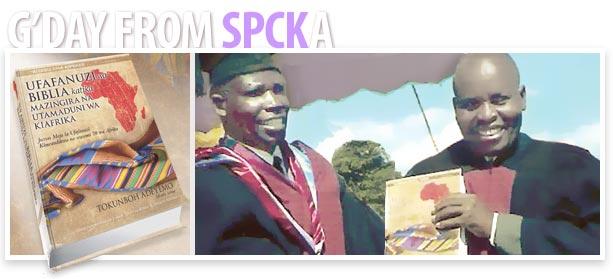What happens when the ‘human rights’ of ‘anti-discrimination’ and ‘freedom of religious belief and practice’ clash?
This is an extraordinarily important matter which goes to the heart of how and indeed whether it is possible to live in multi-belief society and maintain the integrity of the diverse beliefs (religious and non-religious). Societal legislation is generally a ‘one size fits all’. This debate is on in Tasmania.
An excellent article (and the comments) that engages this issue of the clash of the human rights of ‘prohibition of discrimination’ and ‘freedom of religious belief and practice’ appeared yesterday in the UK media. Excerpts follow,
Underlying the debates are two principles enshrined in the European convention on human rights: the right to freedom of religious practice (article 9) and the prohibition of discrimination (article 14). How can we achieve a compromise where principles are involved, particularly when the very meaning of those principles is at issue?
Megan Pearson, a doctoral researcher at the London School of Economics specialising in the clash between articles 9 and 14, notes that “in all the cases which have come to the British courts, religious claims to discriminate have been unsuccessful”.
The difficulty is that the religious may not see their beliefs as discriminatory.
“Female bishops is an evident case where there is total misunderstanding,” says Chartres. “Behind it is a very serious point about whether as well as being equal men and women are also interchangeable.”
The modern western mindset, he says, is dominated by the Enlightenment concept of the individual; a non-gender-specific, autonomous body with personal rights and freedoms.
“But the Christian view is that we are not individuals,” he continues. “We are persons in relationships and as you try to build stable community bodies there is a differentiation of roles.
“Societies very often organise themselves around poles and symbols in order to teach a lesson about how we relate and how we share with one another and how we support one another. The roles of ‘mothering’ and ‘fathering’ are very deep symbols.”
In other words, men and women are equal but different and that difference is important to the functioning of our society. In pragmatic terms, Chartres is in favour of female bishops because of the overwhelming support for them, but he is insistent that “it isn’t a simple matter of equality”.
Interestingly, John Sentamu made a similar point when he argued against same-sex marriage last week.
“There is more than one paradigm of equality,” the archbishop wrote on Comment is free. “Should there be equality between the sexes because a woman can do anything a man can do or because a good society needs the different perspectives of women and men equally?”
He too insisted that, “defining marriage as between a man and a woman is not discriminatory against same-sex couples. What I am pressing for is a kind of social pluralism that does not degenerate into a fancy-free individualism.”
What we have, then, is not a clash between religion and equality per se but a clash between two different world views in which “equality” does not mean the same thing.
Sentamu appeals to the principle of justice which, he argues, is prior to that of equality.
He may have a point. After all, our attachment to the concept of equality must be because we see it as the just way to treat people.
But, again, we come across a problem because whereas for the secular modern world justice is justice for the individual (and equality the way to achieve that), justice for Sentamu and Chartres is communal and is achieved communally by fulfilling the needs of others.
Full article by Jessica Abrahams, ‘Equality’ divides Christianity.

